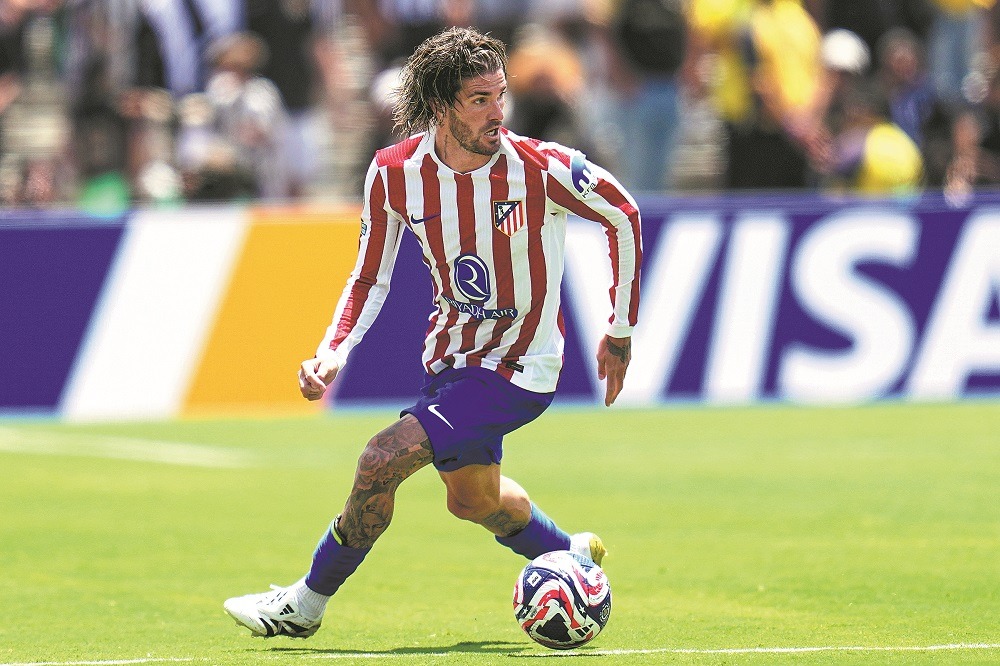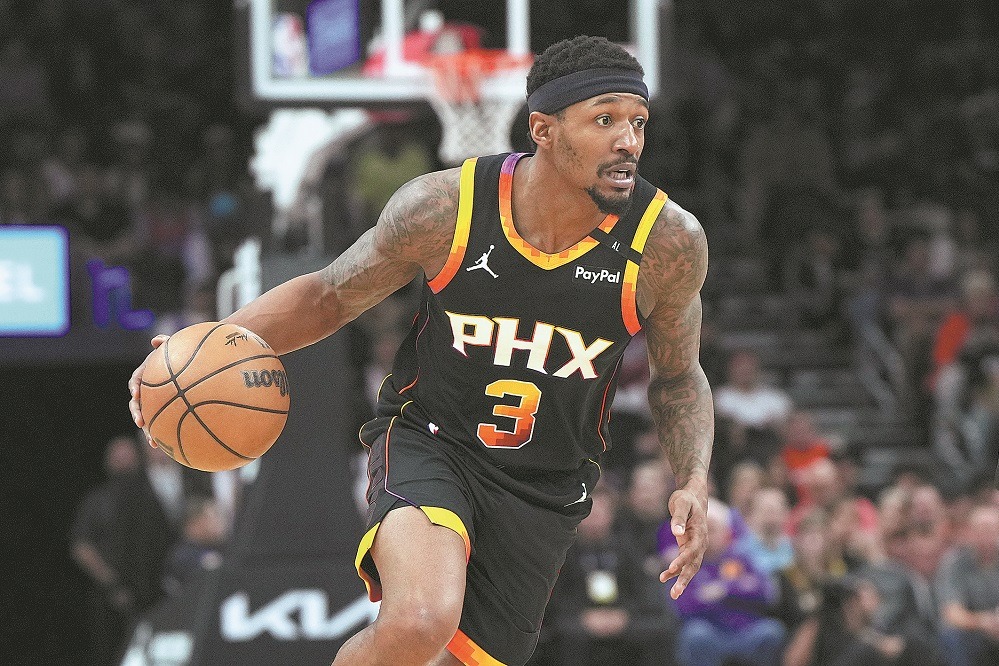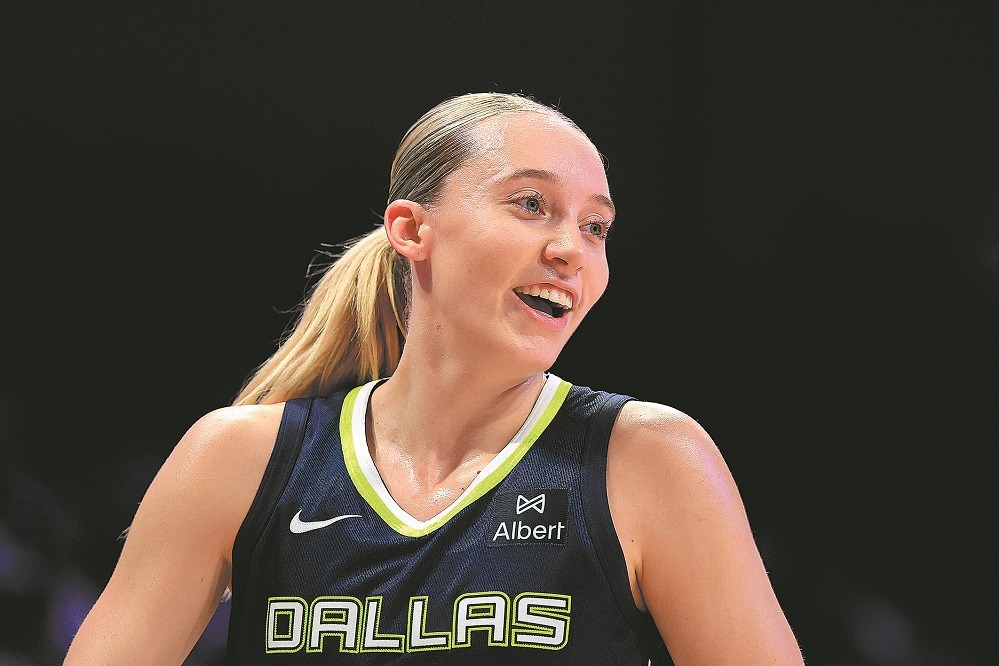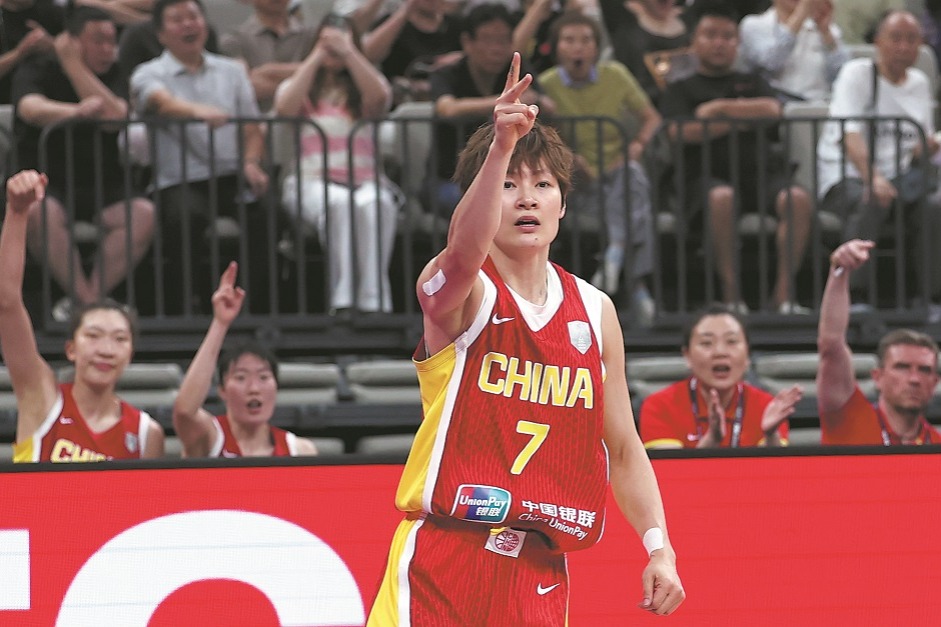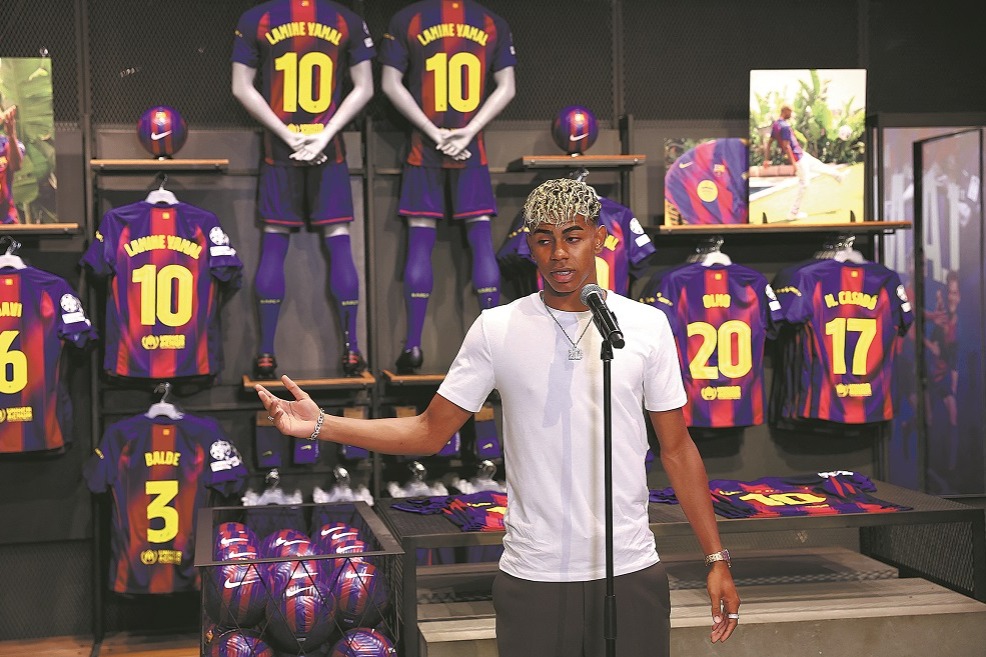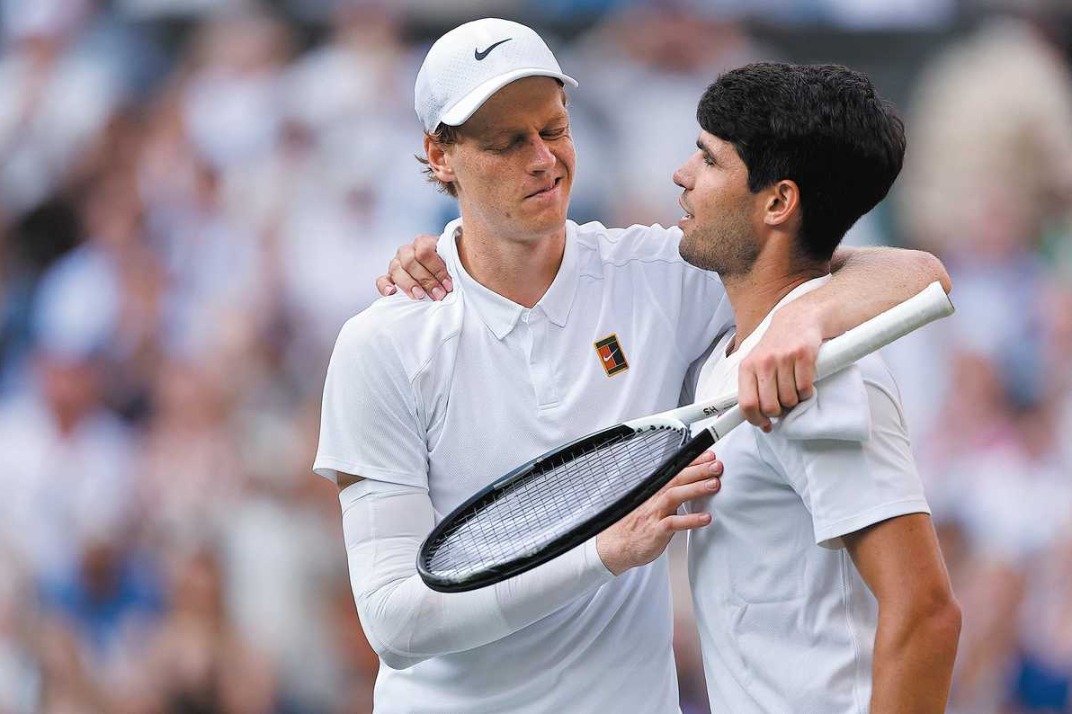Leagues flex legal muscle in copyright clampdown

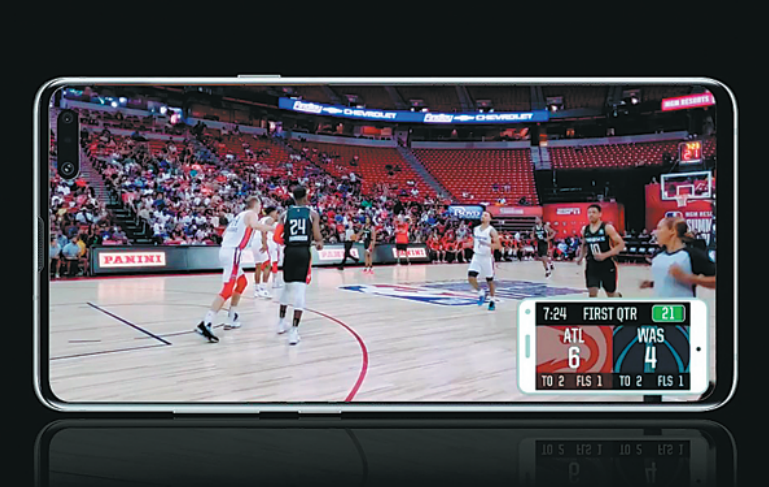
Video-sharing sites under spotlight as law catches up with online piracy
The explosion in online video platforms has given sports organizations unprecedented opportunities to connect with fans but also resulted in a legal minefield when it comes to protecting their broadcast rights.
In recent years, China has been upping its game in the fight against piracy, although in the ever-evolving world of video-sharing and social media the line between what's legal and what's not is often a little blurry.
Copyrighted sports content, for example, is constantly posted and re-posted in the form of short clips extracted from official videos-either by unauthorized individuals or media organizations. Given the sheer scale of this practice, embarking on legal action against the relevant platforms or their account users is far from straightforward.
"Such instances are likely to constitute copyright infringement, and it doesn't matter on which platforms the videos are played," Liu Chuntian, a copyright legal expert and professor at Renmin University of China Law School, told China Daily ahead of World Book and Copyright Day on Friday.
"As long as someone uses unauthorized content, even if it's just five seconds of video, it's infringement… and then rights holders can decide to proceed with legal action or not.
"Some may consider the distribution of their content as free advertising, so the rights holders don't take any action. But they are within their legal rights to require flouters of the law to cease infringements and seek compensation."
Some experts, however, argue that the legal concept of "fair use", which permits the unlicensed use of copyrighted content in certain circumstances, comes into play.
"It's a complicated issue as to whether or not these cases should be considered to be rights infringements," Cui Guobin, a legal expert and associate professor at the School of Law of Tsinghua University, told China Daily.
"It's about whether you use it for commercial purposes. It's also related to the amount of official videos you use and if the content is manipulated or edited. Each case should be evaluated individually.
"For example, a fan just using a very small amount of sports video clips or images in his or her commentary videos, with no commercial purpose, could be considered as fair use.
"But if someone uses too much of the unauthorized content without changing it, or any form of manipulation involved, there is an infringement problem."
Zhu Xiaoyu, copyright lawyer and managing partner of Beijing Jia Guan Law Firm, believes there's no gray area in the law regarding infringements on new-media platforms.
"It shouldn't matter if the individual content creator has commercial intent or not, because the reedited videos are uploaded to platforms that can profit from this content. Our country's law is very clear on what can be categorized as fair use or not," Zhu told China Daily.
"It's about whether it's necessary or appropriate for a rights holder to take action to protect their legal rights. It's OK for a rights holder to take legal action against individual violators, requiring them to stop breaking the law and to ask for compensation.
"Media platforms need to take more responsibility to censor the unauthorized content. When a rights holder seeks assistance, the platform should cooperate fully and provide technical help."
Last year, NBA Properties Inc.won a landmark case that sounded a major warning to copyright violators in China.
Shanghai Zhongyuan Network Co. Ltd. and Beijing iQiyi Technology Co. Ltd. were accused of playing NBA content on their PPS software and websites without authorization. NBA Properties Inc. sued both companies for copyright infringement and unfair competition, seeking 36 million yuan ($5.5 million) in compensation for economic losses.
Beijing No 1 Intermediate People's Court initially ruled the NBA's copyright had been infringed and ordered the defendants to jointly pay 3.6 million yuan in compensation.
After both parties appealed that decision, Beijing High People's Court ruled that Shanghai Zhongyuan Network's actions constituted copyright infringement and determined that compensation for economic losses and expenses should amount to 3.8 million yuan.
"There are obvious improvements in terms of copyright protection for sports leagues in recent years in China. There are several landmark cases that be viewed as positive outcomes," Cui added. "Before those cases and the clarification of the related laws, we indeed encountered some problems in terms of sports broadcasting copyright protection.
"The main issue from a legal perspective was whether sports content contains enough originality like other audio and visual content, such as movies. If not, certain laws cannot be used to protect the copyright of sports event broadcasting."
Another keenly observed case last year involved Suning Sports, which until last season owned exclusive broadcasting rights for soccer's Chinese Super League.
Hangzhou Internet Court ruled that the online broadcast of a CSL game by China Telecom's Zhejiang province and Hangzhou city branches, as well as a unit of Zhejiang Radio& TV Group, was an infringement of the copyright held by Suning Sports.
On this occasion, the defendants were ordered to pay 500,000 yuan ($77,000) in compensation.
Some experts argue that stricter legal action would lead to greater public awareness of the issue.
"The public's awareness of copyright protection issues is still pretty low in China," Liu said.
"The best way to improve it is to set examples through legal judgments. We need to guarantee that rights holders receive sufficient compensation, and once we have relevant legal cases in the sector, the media should explain and promote them to level up public awareness on the matter."
Cui believes the onus should lie with new-media platforms to alerting rights holders of any violations.
"Many of the platforms' methods to deal with copyright infringements are, frankly, pretty poor. They only delete and censor the related content after a rights holder contacts them.
"For sports broadcasting, a match video might just attract fans' attention for a few hours. So it's usually too late when a platform deletes the content after being notified of the infringement by a rights holder. So, the platforms need to take more responsibility and provide better technical help to censor copyright violations."
Most Popular
- Shanghai to debut new track for 2025 FIM Motocross World Championship
- De Paul set to join Messi at Inter Miami
- Beal eyes LA after Suns contract buyout
- Stars' NIL brands still paying dividends in WNBA
- Primed and ready for battle
- Yamal handed iconic Barcelona No 10 jersey
















